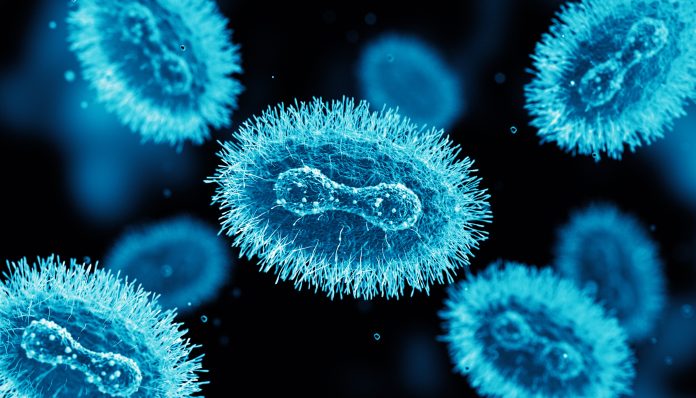The World Health Organization (WHO) has declared the recent surge of monkeypox cases in several African countries a Public Health Emergency of International Concern (PHEIC)
The decision, made by WHO Director-General Dr. Tedros Adhanom Ghebreyesus, follows a thorough assessment by independent experts from the International Health Regulations Emergency Committee.
What is Monkeypox?
Monkeypox, caused by an Orthopoxvirus, first emerged in humans in the Democratic Republic of the Congo (DRC) in 1970 and has since remained endemic in central and west African countries.
The current outbreak, worsened by the spread of a new strain known as clade 1b, has raised alarms due to its rapid transmission across borders and through sexual networks.
Recent reports indicate over 15,600 confirmed cases and 537 deaths this year alone, marking a significant escalation compared to previous years. The virus has not only intensified in its traditional epicentre in the DRC. Still, it has also spread to neighbouring countries such as Burundi, Kenya, Rwanda, and Uganda, where cases were previously unreported.
The emergence of clade 1b, which appears to spread predominantly through sexual contact, has added a new dimension to the outbreak. Experts estimate that the actual number of cases could be higher, as many symptomatic individuals have not undergone testing.
Addressing the crisis
To address the escalating crisis, WHO is mobilising international efforts to support affected countries. This includes the immediate release of funds from the WHO Contingency Fund for Emergencies, with an initial US$ 1.45 million allocated and an anticipated total requirement of US$ 15 million for surveillance, preparedness, and response activities.
In addition to financial support, WHO is expediting the Emergency Use Listing process for monkeypox vaccines. This initiative aims to accelerate vaccine access in lower-income countries that have not yet completed national regulatory approvals, facilitating procurement through partnerships with organizations like Gavi and UNICEF.
The declaration of a PHEIC underscores the urgent need for coordinated global action to contain the outbreak and prevent further spread. WHO, in collaboration with national governments and healthcare partners, is intensifying efforts to ensure equitable access to medical countermeasures including vaccines, therapeutics, and diagnostics.











